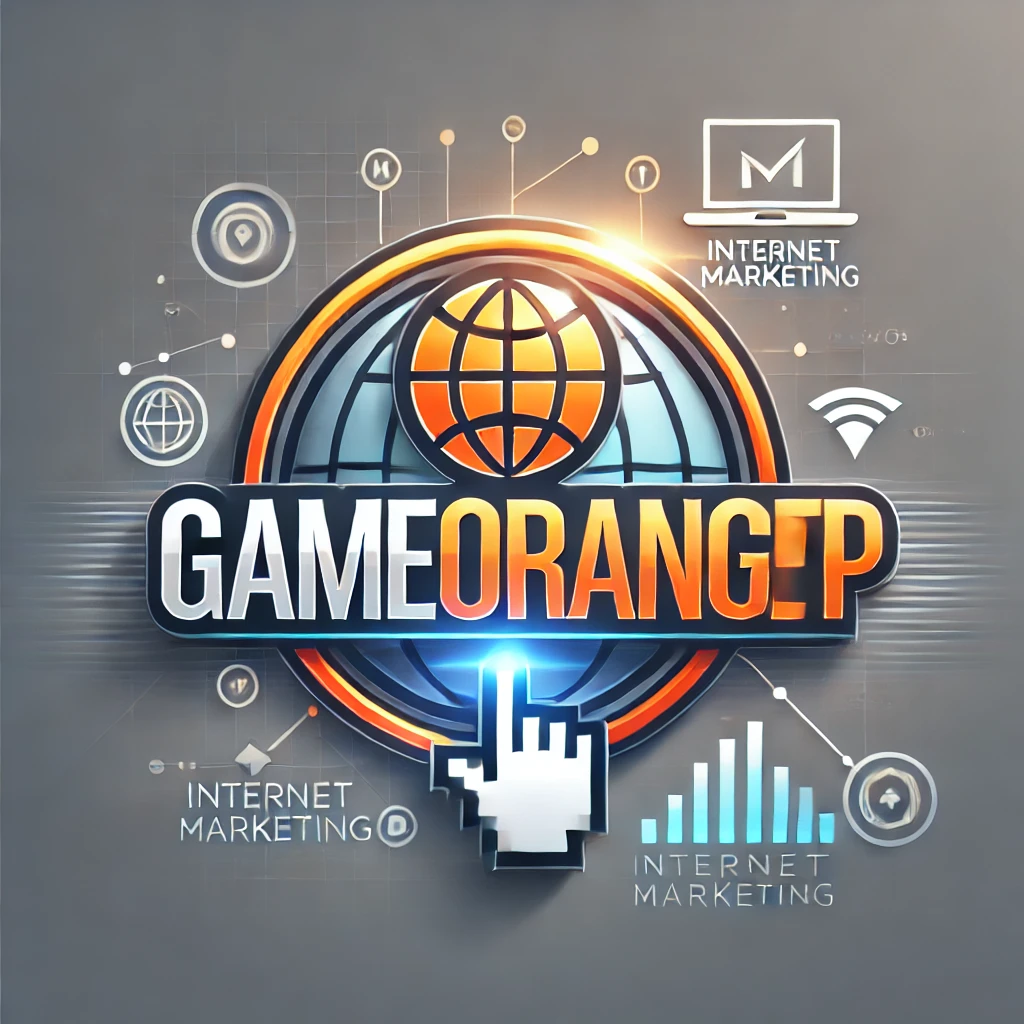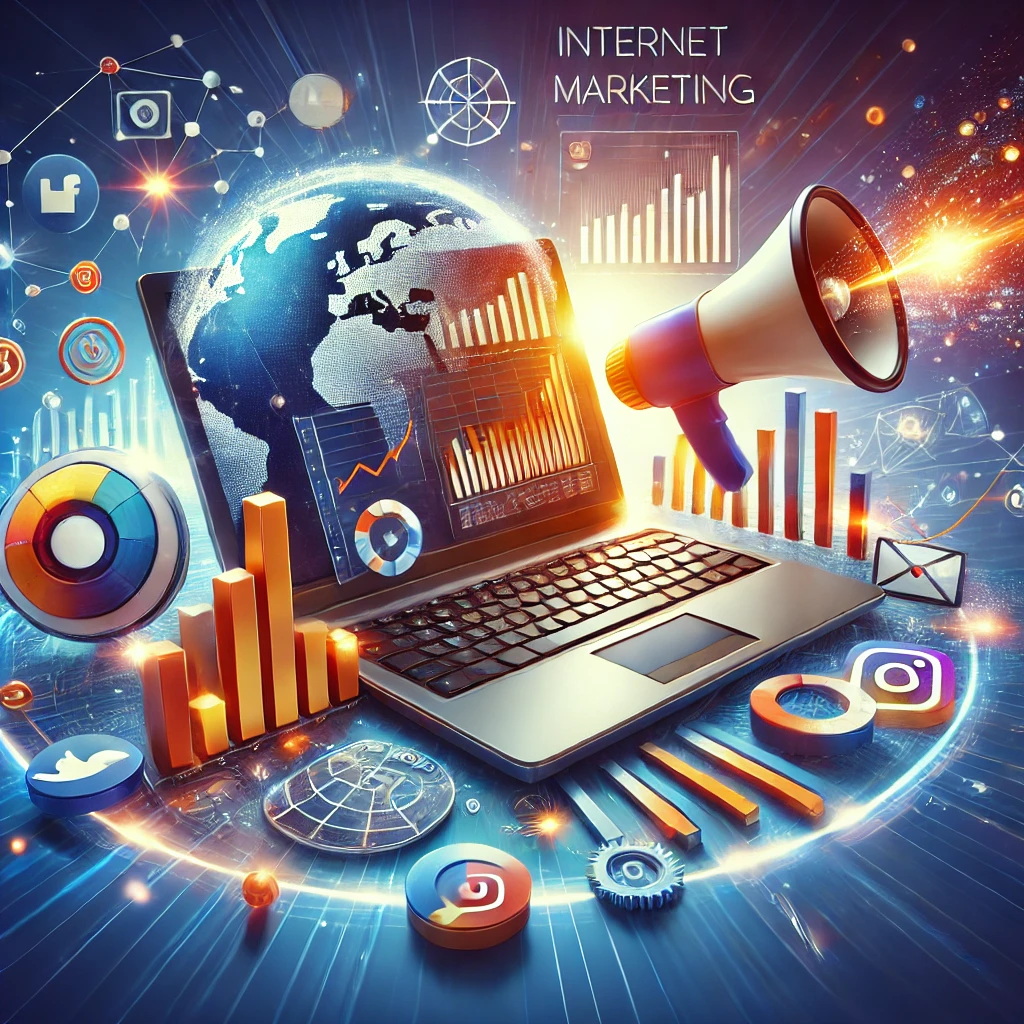In today’s interconnected world, the internet is the driving force behind how businesses reach, engage, and convert their audiences. Internet marketing, also known as digital marketing, is no longer a luxury but a necessity for brands aiming to thrive in the modern marketplace. This comprehensive field encompasses a variety of strategies and tools designed to create an online presence, drive traffic, and generate leads. Let’s delve into the essentials of internet marketing and how you can harness its potential.
What is Internet Marketing?
Internet marketing refers to promoting products or services online through various digital channels. From social media platforms to email campaigns and search engine optimization (SEO), internet marketing offers businesses diverse ways to connect with their target audience. Unlike traditional marketing, digital marketing provides measurable outcomes, enabling businesses to optimize strategies in real-time for maximum impact.
Core Components of Internet Marketing
- Search Engine Optimization (SEO):
SEO is the practice of improving a website’s visibility on search engines like Google. By using relevant keywords, optimizing content, and ensuring technical efficiency, businesses can attract organic traffic and climb the search rankings. - Social Media Marketing (SMM):
Platforms like Facebook, Instagram, LinkedIn, and Twitter are critical for engaging with audiences. SMM enables businesses to showcase their brand personality, interact directly with customers, and run targeted ad campaigns to reach specific demographics. - Content Marketing:
Creating valuable, informative, and engaging content is at the heart of internet marketing. Blogs, videos, infographics, and eBooks help educate audiences, establish authority, and drive organic traffic. - Email Marketing:
One of the oldest but still most effective forms of digital marketing, email campaigns are great for nurturing leads and maintaining customer relationships. Personalized, well-timed emails can significantly boost engagement and sales. - Pay-Per-Click Advertising (PPC):
PPC campaigns allow businesses to place ads on search engines and social media platforms. With precise targeting options, businesses only pay when users interact with their ads, making it a cost-effective strategy.
Benefits of Internet Marketing
- Cost-Effectiveness:
Compared to traditional marketing, internet marketing is often more affordable. Businesses can achieve significant reach with minimal investment, especially when leveraging social media or SEO. - Global Reach:
The internet allows businesses to transcend geographical boundaries and reach a global audience, expanding market potential. - Real-Time Analytics:
Tools like Google Analytics provide actionable insights into campaign performance, enabling businesses to adapt quickly to changing trends. - Personalization:
Internet marketing allows for highly tailored experiences. From personalized email campaigns to retargeted ads, businesses can connect with consumers on an individual level.
Challenges and Solutions
While internet marketing offers immense potential, it comes with challenges such as increased competition and algorithm changes. Staying updated with industry trends, investing in professional expertise, and leveraging advanced tools can help overcome these hurdles.
Conclusion
Internet marketing is the cornerstone of modern business strategy. By leveraging its diverse tools and strategies, businesses can effectively engage their target audience, foster trust, and drive growth. With dedication and adaptability, the power of internet marketing can transform brands, ensuring they stay competitive in the ever-evolving digital landscape.

